#a practical guide to evil
Explore tagged Tumblr posts
Text
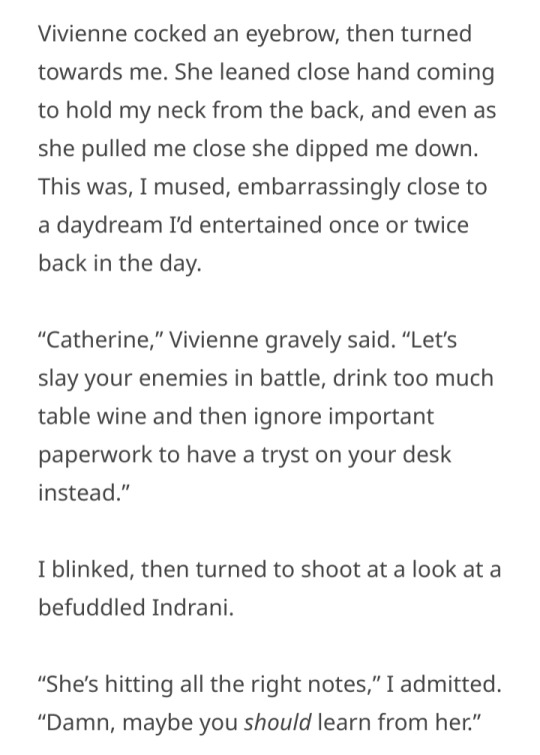
Killing a God with my girlfriend, my girlfriend, my evil wife, my former blood-brother/accountant, and the world's most autistic man (complementary)
77 notes
·
View notes
Text
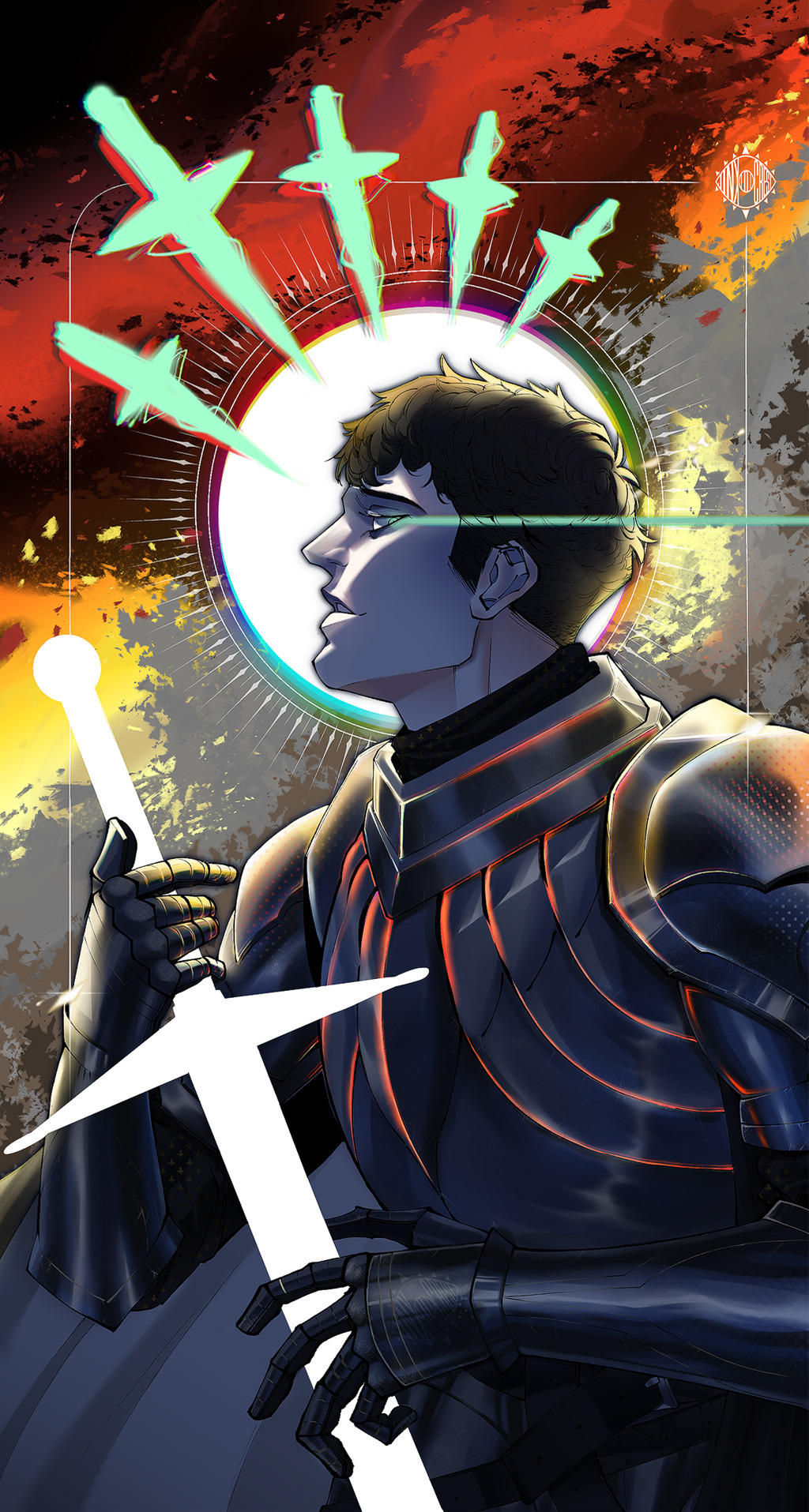
First Fanart of 2025! Here's "A Practical Guide to Evil" Fanart of Black!
I call it "BLACK AS KNIGHT!"
You can check out PGTE on Webtoon!
For reference, each Dagger represents a Calamity!
#pgte#black pgte#a practical guide to evil#black#my art#fanart#illustration#artist on tumblr#comics#digital art#fan art#webtoon
338 notes
·
View notes
Text
I like that the webtoon is acknowledging all the different languages used on Calernia
They seem to be indicating them with the colored borders on speech bubbles (yellow here being Kharsum)

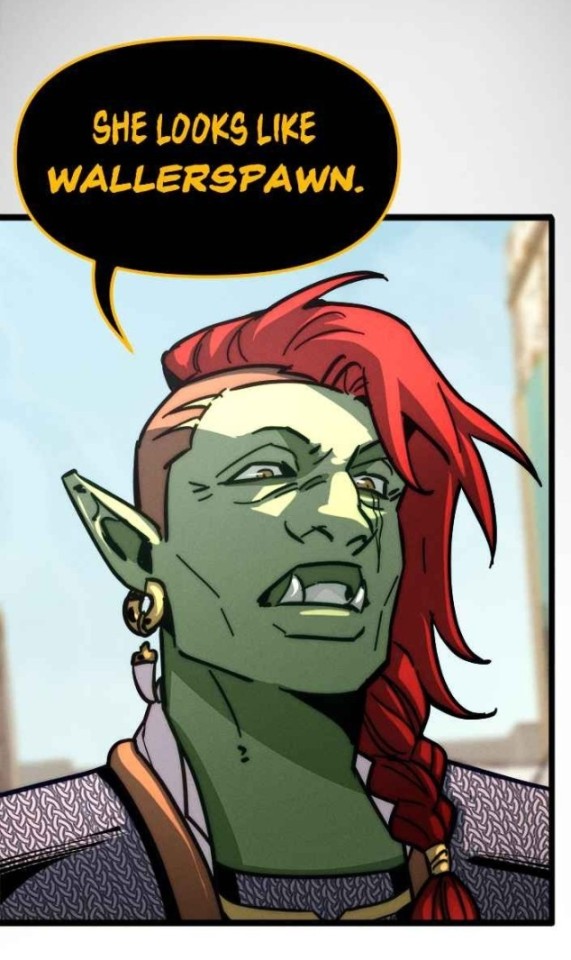




Holy fuck Cat looks so cute in armor ;_;
Also I love how this meeting starts off with Catherine being called a slur, so she claps back at Istrid in the little Kharsum she's learned over the summer (a light clap back at that, but she is an old friend of Black's and the general of the Sixth) and instantly earns her respect.
I've also been struggling to figure out how deoraithe is supposed to be pronounced, once I learned that Irish isn't pronounced how you might think compared to English. From what I can tell, deoraí means exile, and is pronounced something like DOOR-y. But when conjugated as deoraithe is pronounced more like DOOR-ha. Don't even get me started with how you're supposed to say the Duchy of Daoine, I'm probably still wrong.
#a practical guide to evil#practical guide to evil#apgte#pgte#web serial#webtoon#general istrid#istrid of the red shields#catherine foundling#damn but Istrid looks so cool btw#queue
10 notes
·
View notes
Text
I think the single funniest case of "focus of narration reflects POV character's perspective" (ie certain POVs noting architecture, or clothes, or other setting details in ways other POVs don't) was Practical Guide to Evil, where it gets revealed about 5 books in that every single time the narration goes into lavish physical description of a character, that reflected the main character checking them out in a way she thinks is subtle (it is not)
Catherine limped in ahead, eyes considering as she took in the sight of the full roster of the Blood as well Princess Rozala. Liveried servants offered refreshments that all refused, and Hakram noted with exasperated amusement that his warlord’s eyes were lingering a little longer than necessary on Rozala Malanza. Half the Blood too, though he was surprised that among the men she seemed to prefer the almost orcish frame of Yannu Marave to Razin Tanja’s, who was much closer in age. As she was less than discreet he wondered if offence might accidentally been given, but if he was reading the expression correctly Lady Aquiline Osena looked more flattered than anything else by the roving eye. He met Vivienne’s eyes in shared aggravation behind Catherine’s back, though he figured at least they should be pleased she’d not been undressing the First Prince of Procer with her eyes. That might go over poorly, he thought.
186 notes
·
View notes
Text
Continuing to read A Practical Guide to Evil and some phrases I want to teach the Woe:
"Skill issue" - Masego
"Your secret is safe with my indifference" - Hakram
"Weird hill to die on, but at least you're dead" - Vivienne
hacker voice: "I'm in" - Indrani
"Not my circus, not my monkeys" - Catherine (note: definitely both her circus and her monkeys. Is it Robber? It's probably Robber)
77 notes
·
View notes
Text
a practical guide to evil book 4 Chapter 48 spoilers.
RATFACE DIED????????
HE FUCVKING GOT ASSASSINATED????
OFFSCREEN???????
I can't fucking do this! I can't! Fuck!
Anne Kendall! She's dead! This is a travesty. Offscreened. What a shit way to go.
At least abigail got promoted. She's fucking hating it I bet.
Cannot wait to see what unholy hell the Woe do in drow. Wait shit Masego's gotta go visit his dad. And Thief's going back to Callow. That's going to be suitably dramatic.
1 note
·
View note
Text
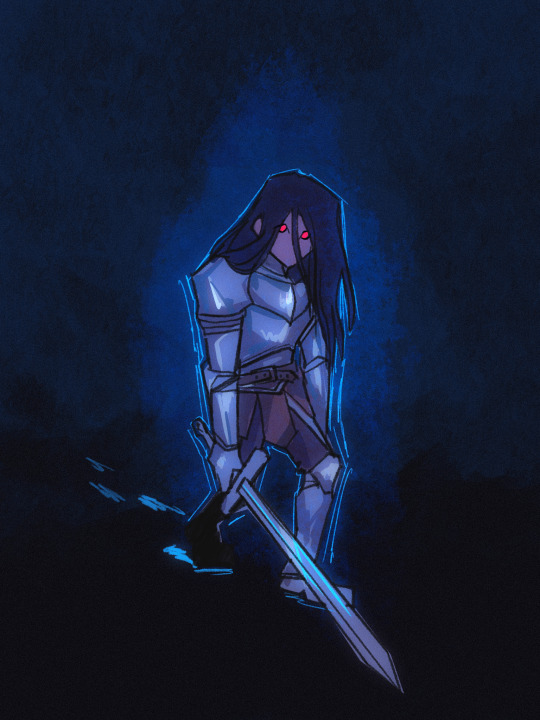
Sovereign of moonless nights
#a practical guide to evil#catherine foundling#im currently reading the saga and at the end of the 3rd book if I were akua I would have shitted my pants
96 notes
·
View notes
Text
It’s really funny to me how my one niche fandom post about A Practical Guide to Evil gets, like, one note a week. There are dozens of us! Dozens!!!
46 notes
·
View notes
Text
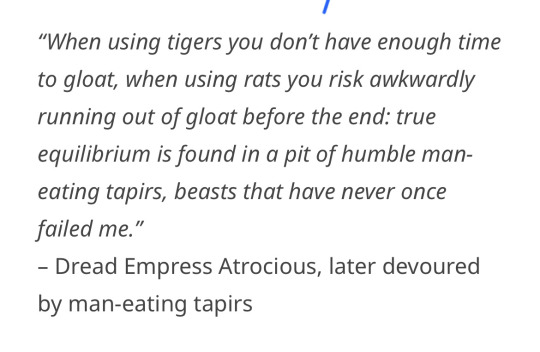
please read A Practical Guide to Evil
#once again i am on my bullshit#the first book is shaky but i PROMISE. i PROMISE it is worth it#a practical guide to evil#apgte#pgte
1K notes
·
View notes
Text
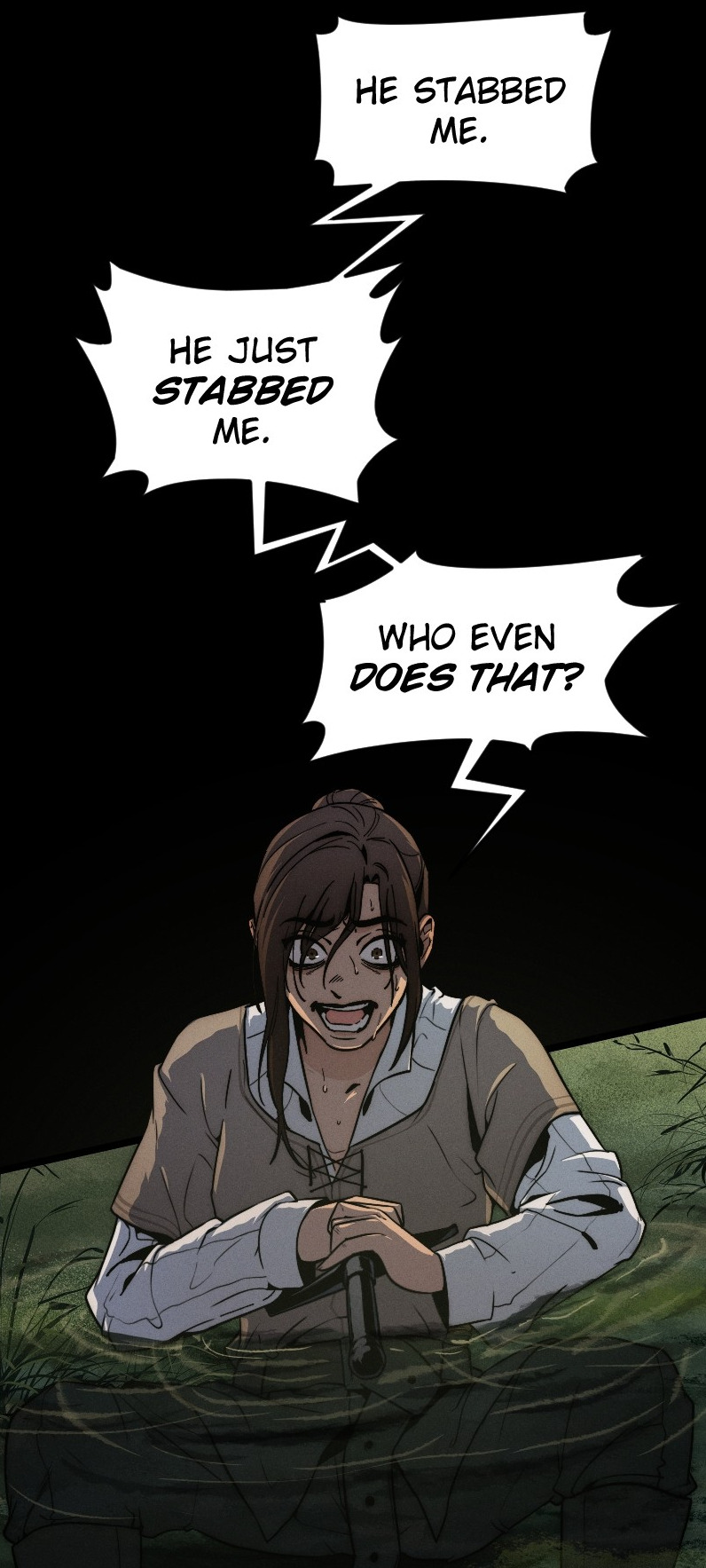
I loved this scene in the books, and I love it here. 10/10 (Also, what did you expect, Cat?)
#a practical guide to evil#apgte#pgte#catherine foundling#black knight#webtoon#webcomic#villain protagonist
29 notes
·
View notes
Text
AT LAST, EVIL IS UNLEASHED!!!!! 😈 and I'm the Character Colorist of the new WEBTOON project, A Practical Guide to Evil!
Super happy to be part of this dream team! And I hope you all enjoy it!
#interrupting my portfolio blog and krgeats fever for a bragging update#a practical guide to evil#pgte#webtoon#remember all the times i've said thru the year i've been working a lot and etc etc etc#well tHERE YOU GO#and fun trivia this is the first webtoon project i'm in since the pilot hence why i'm a bit more vocal on that :´D#and the important reminder it's a full team of artists behind this project so props for all of them as well#hope you all enjoy the ride!#at last i would like to thank evil for helping me pay my bills lol
112 notes
·
View notes
Text
Do you think the intercessor had girlpower
43 notes
·
View notes
Text
Sure the Guide is, for the most part, a decently serious YA fantasy war story
And then you've got moments like this

Don't worry Cat, you'll get your wish some day ^_^ (it won't make your life easier of course)





Sometimes the Rule of Funny pulls through in our hero's villain's favor
#a practical guide to evil#practical guide to evil#apgte#pgte#apgte spoilers#spoilers#book 2 spoilers#apgte reread#catherine foundling#hakram#juniper#masego#exiled prince#queue
55 notes
·
View notes
Text
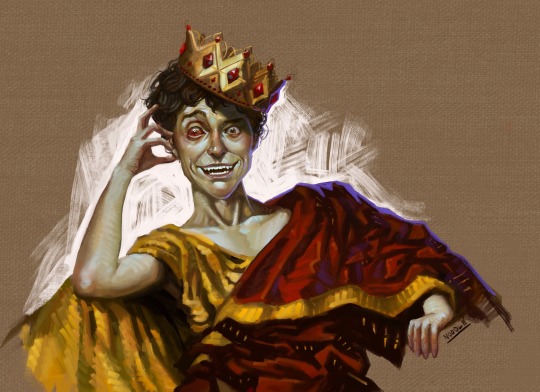
Kairos Theodosian, inspired by Leyendecker.
More of that PGTE art I haven’t posted here yet!
As a side note, EE did give me permission to sell my PGTE fanart as prints. Let me know in the tags if you’re interested!
173 notes
·
View notes
Text
Belerophons probably have the weirdest kinks Like living in a country where you can have your head blown Up by the Secret Police for even fantasizing about doing bondage is probably really fertile breeding grounds for developing a Kink for having your head blown Up by the Secret police
101 notes
·
View notes
